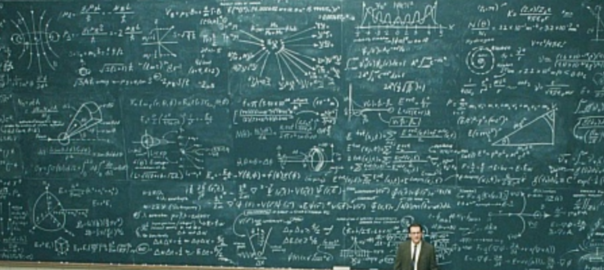
This is the beginning of a series entitled, “There are Answers: If We Have Courage.” We will examine what many regard as intractable and unsolvable issues. We will fearlessly look at economic justice and the future of work, tax reform, immigration, Middle East policy, human identity, including gender, sexuality and transhumanism, racial tensions, religious freedom, academic and intellectual liberty, political polarization and principled compromise and global/local culture and life.
As always, we will distill insights from as many perspectives as possible – within the bounds of axiomatic principles and critical thinking. Conservatives may balk as the complexities of institutional transformation are evaluated. Liberals will worry that emphases on personal responsibility and certain enduring values will reverse gains in liberty. Good! We need deliverance from narrow ideological agitation propaganda.
In this essay, two issues foundational to all the rest will be examined: 1) the crisis of human identity/nature (anthropology); and 2) the crisis of objective knowledge and truth (epistemology). Without clarity on who we are and what we can know, all dialogue devolves into subjective opinion, with any critical comments deemed intolerant or a microaggression. Without such clarity, human freedom is confined to certain private experiences and life is increasingly controlled by a totalitarian state, since people “need help and cannot care for themselves.”
What does being human mean? Diverse philosophical and religious traditions answer this question in a variety of ways, from accidental evolutionary materialism to bearing the image of God. Are we merely highly evolved animals or divinely-crafted beings called to steward the rest of creation? Is human nature defined by physical processes alone or in there a unique interaction of body and spirit, brain and mind? In addition to our basic identity, are humans (like most of nature) either male or female or is there an almost infinite spectrum of identities?
Regardless of worldview, most people through most of history have not questioned the unique nature of human beings and the basic binary realities of male and female identity, albeit with a variety of opinions of erotic affections and actions.
Going forward, our American and global experiments in ordered liberty rooted in truth and virtue rest on humankind being uniquely endowed by our Creator with inalienable rights and responsibilities. Anything less than this and we devolve into arguments over blood and soil, raw scientism or fantastical speculations on human/machine singularity.
What about our foundations for knowledge? Until a half-century ago in the West, a basic correspondence theory of truth allowed for both cohesiveness and spirited debate, unity of essential facts and diversity of interpretations. No one argued whether certain events actually happened, though their impact and interpretation made for lively discussion. Today, we are told that there is no objective “there” – all we can do is interpret stories and hopefully find some convergence with shared narratives and opinions. Former President Obama’s two (!) pre-presidential autobiographies are perfect examples of ideological fabrication. Why do we need his “composite” portraits of friends and mentors? Why can we not have access to his records and writings? Why? Because history no longer stands on its own – it must serve the purposes of political advocacy. Beyond historical narrative, our epistemic crisis has fueled the same subjectivism for private and public morality, gender confusion and even allowed some to question full freedom of conscience and speech!
The uniqueness of being human and the knowability of the world are essential for grounding all arguments over justice and truth, love and human flourishing. Instead of marginalizing philosophical traditions, we should rediscover the wisdom of ancient texts and the goodness of contemporary research and synthesize these insights, so we can have a basis for social cohesion.
Our future as a nation – indeed as a human race – rests on this.
